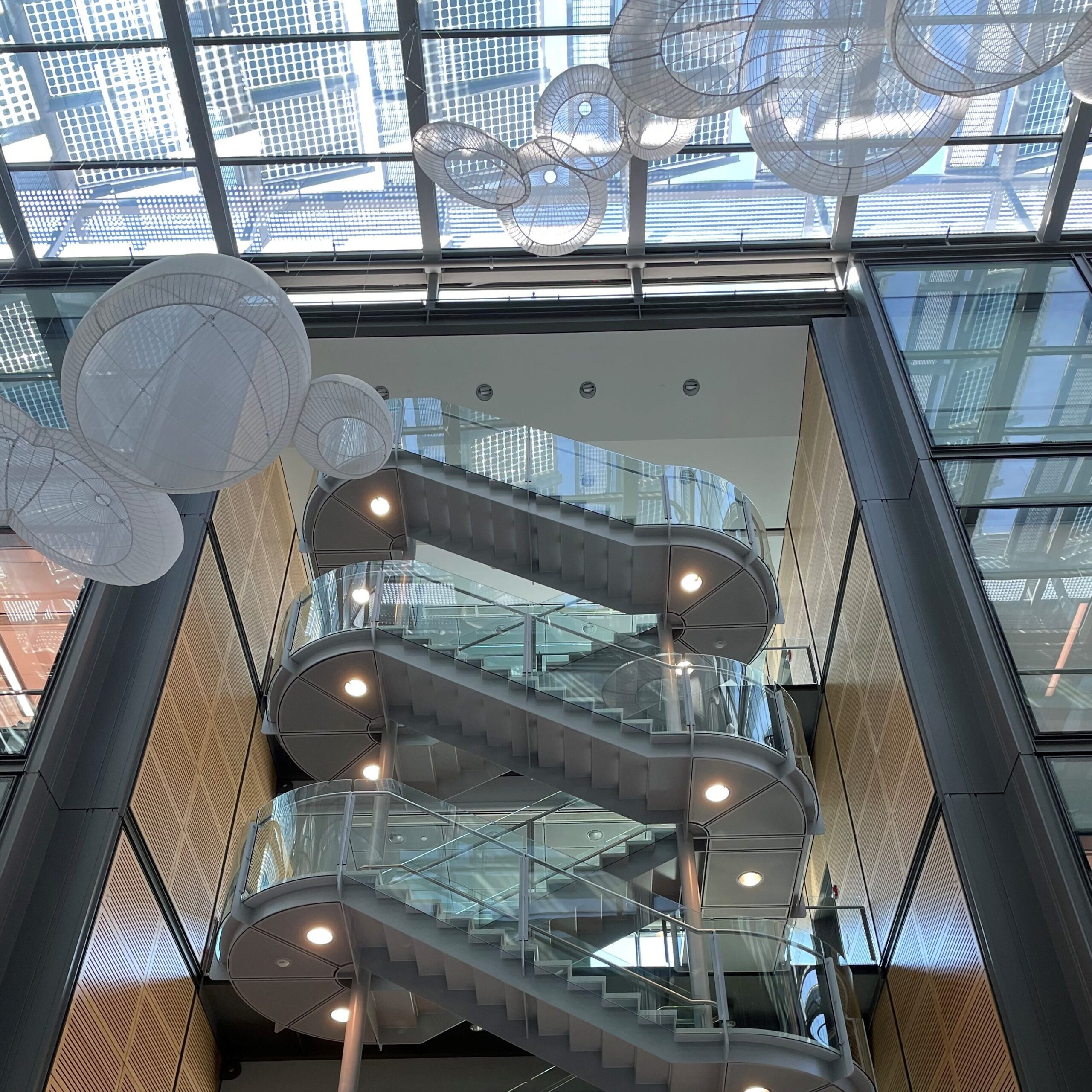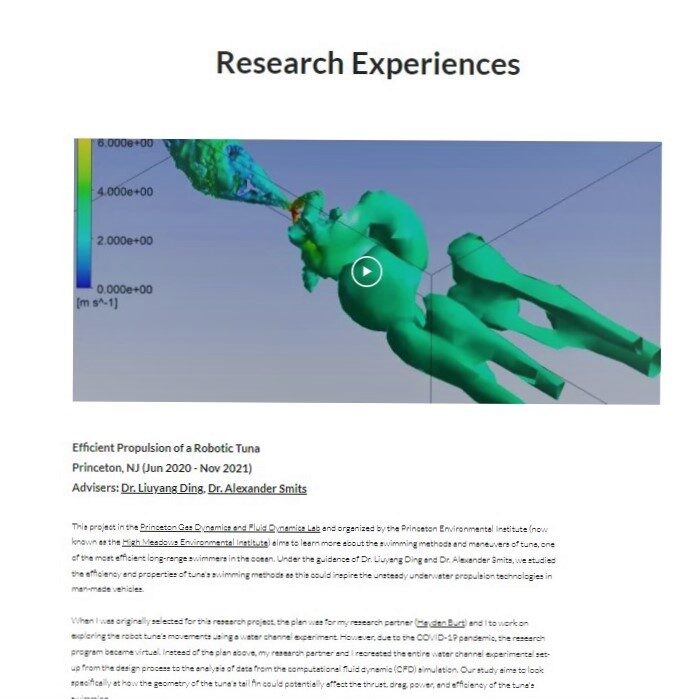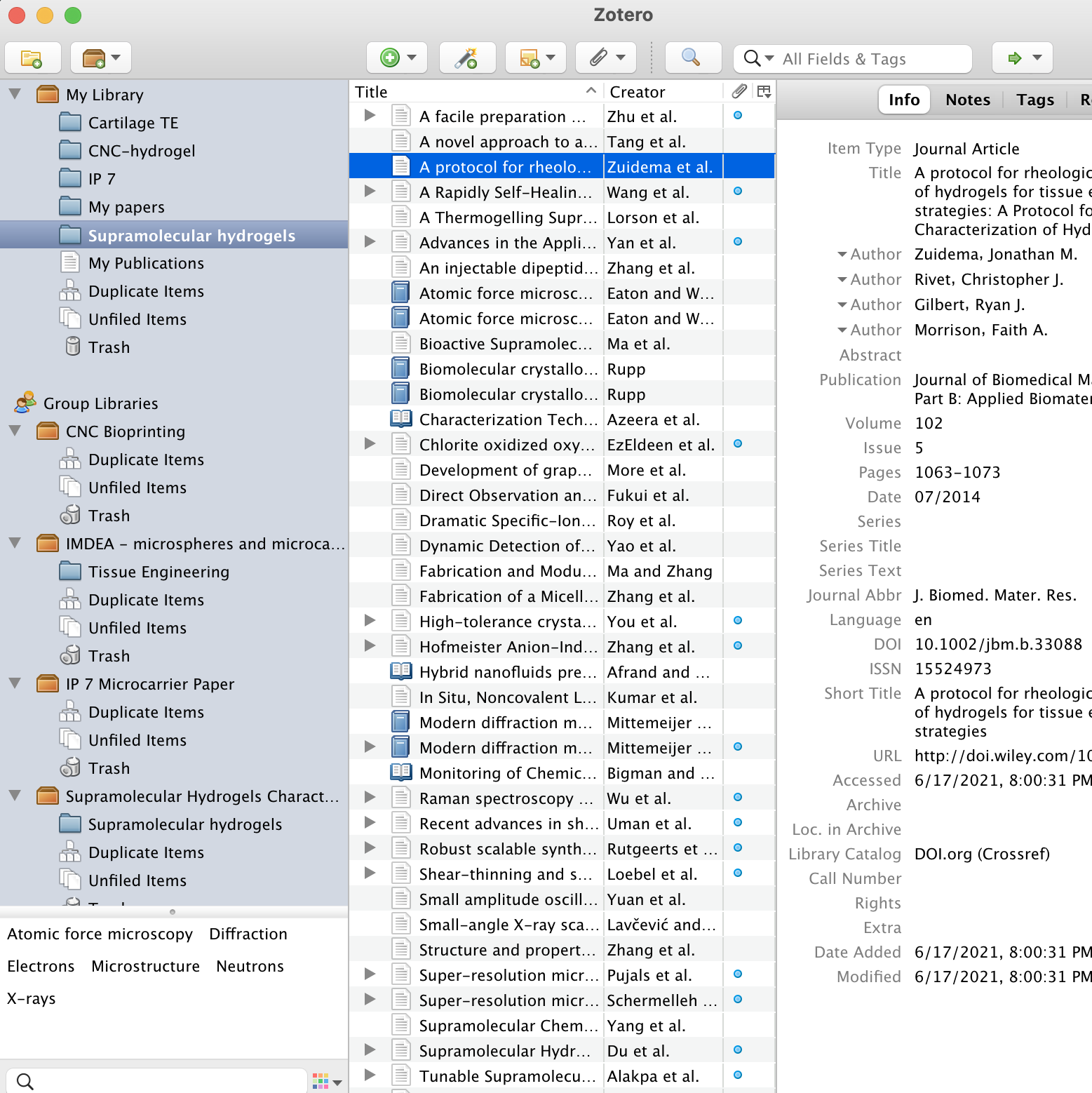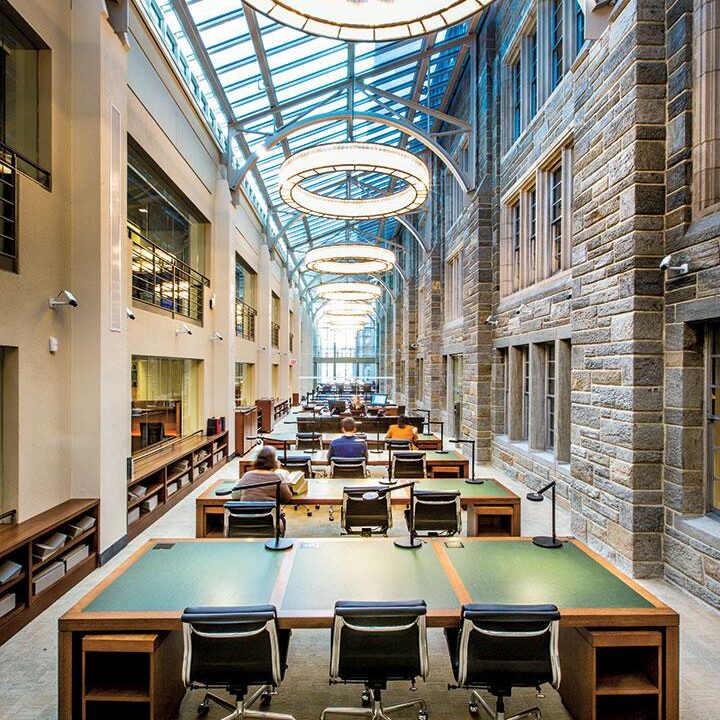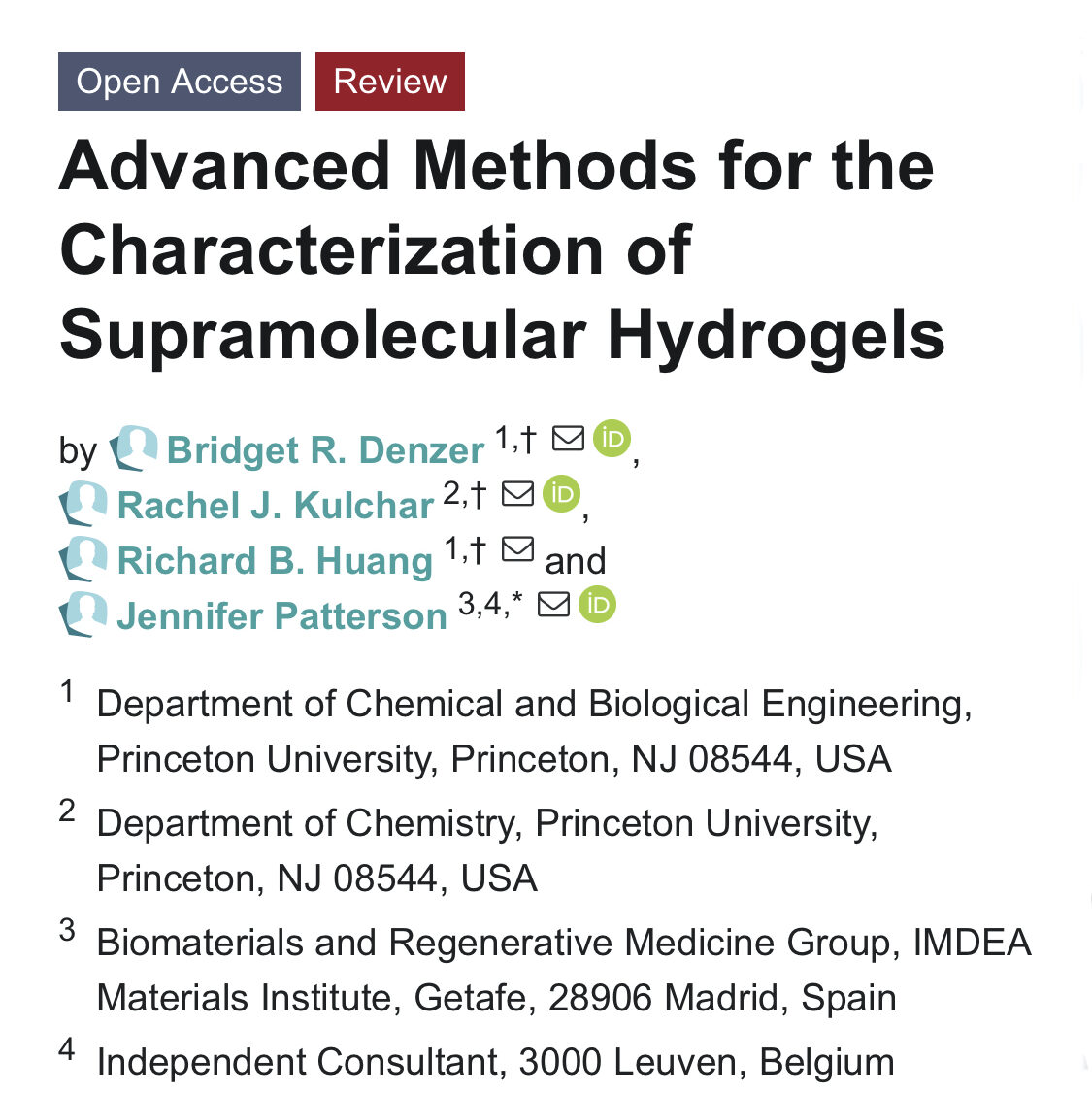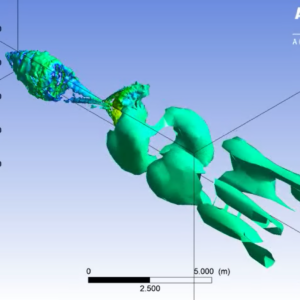As a B.S.E junior doing independent work for the first time, I am already anticipating the stressful cram at the end of the semester that comes with senior thesis and junior independent work deadlines. As busy Princeton students, we often don’t think that we have enough time in the week to work consistently on our independent work, and thus, a lot of it inevitably gets pushed off to the weeks (and days) before the deadline. But it doesn’t have to be this way. Putting together a comprehensive plan to organize and budget your time at the beginning of the semester can save so much hassle down the road. Therefore, I think it will be helpful to walk through how to create a plan for independent work over the course of the semester.



